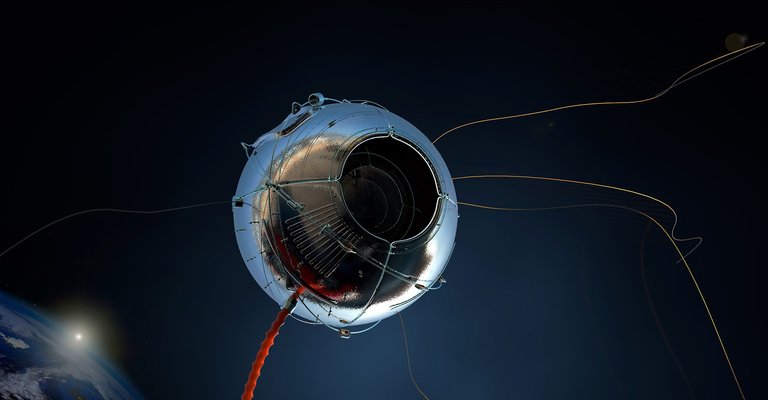Limits of science
The issue could last a long time, but in short we have asked two well-known researchers to answer: has limits to science? Here his reflections.

We must have a broad and clear mentality
Related information
Researcher at the Department of Inorganic Chemistry / UPV
Everyone gives their meaning to the word science, but society often has to decide how to get new knowledge through science and how to use it after getting it. For example, the use of animals and stem cells for laboratory experiments is regulated. With these examples we can think that society imposes limitations (especially ethical) on science. But is it?
In order to answer the above question we should define what science is. In this sense, throughout history there have been eleven thinkers, and from a philosophical point of view, I would say that science is an attitude. That is, science is not the set of knowledge acquired through it. It is not the associated scientific method or the use of knowledge. These are components of scientific activity. Science is a way of observing the world and drawing conclusions, the driving force of which is human curiosity. For this to be considered scientific it is necessary to have a broad and clear mentality. Thanks to this, more and more what we know through science. From the subatomic world to the distant universe, matter is structured in many ways and is constantly changing. Space-time dimensions are explored in many ways, not only in experimental sciences, but also in others.
In the name of science good and bad things can be done, but certainly the best decisions are made taking into account the conclusions obtained through scientific activity. However, that is not the goal of science, science has no goals or intentions. Human beings place conditions and objectives on scientific activity. We humans delimit all this. Science is in another dimension: it is within us. Is our curiosity limited? That is the key. If the answer is negative, we can conclude that science has no limits.
Our cognitive abilities condition science
Juan Ignacio Pérez Iglesias
Director of the Chair of Scientific Culture / UPV
Human beings want to know reality; we want to know the universe, nature, human nature, and above all, we want to understand ourselves. And science is one of the most reliable ways to know reality. Those who are dedicated to science analyze reality and create models based on the regularities we find. With these models we try to explain what was observed and, if possible, make forecasts. Sometimes the new observations do not fit the models we have considered valid. This forces us to change – improve – these models. Thus we increase and improve our knowledge of reality. So far this has always happened: the new models have replaced the old ones in continuous dialectics. For I am convinced that this dialectic will be forever, because there is no reason to think it will ever end. Therefore, there is no reason to think that we will never come to a full knowledge of reality.
But suppose that path to knowledge will ever end. How far should we trust the value of that knowledge? In short, the cognitive abilities we have acquired throughout evolution have been adequate to multiply our genes through the following, so we are here. But this does not mean that these cognitive abilities are adequate tools to understand reality. The truth is that we only get images of reality, of the architecture of our cognitive system, but not of real knowledge of reality. Let us think, for example, how an octopus captures all reality. If I were aware, I would also think I know and understand reality.
Buletina
Bidali zure helbide elektronikoa eta jaso asteroko buletina zure sarrera-ontzian











